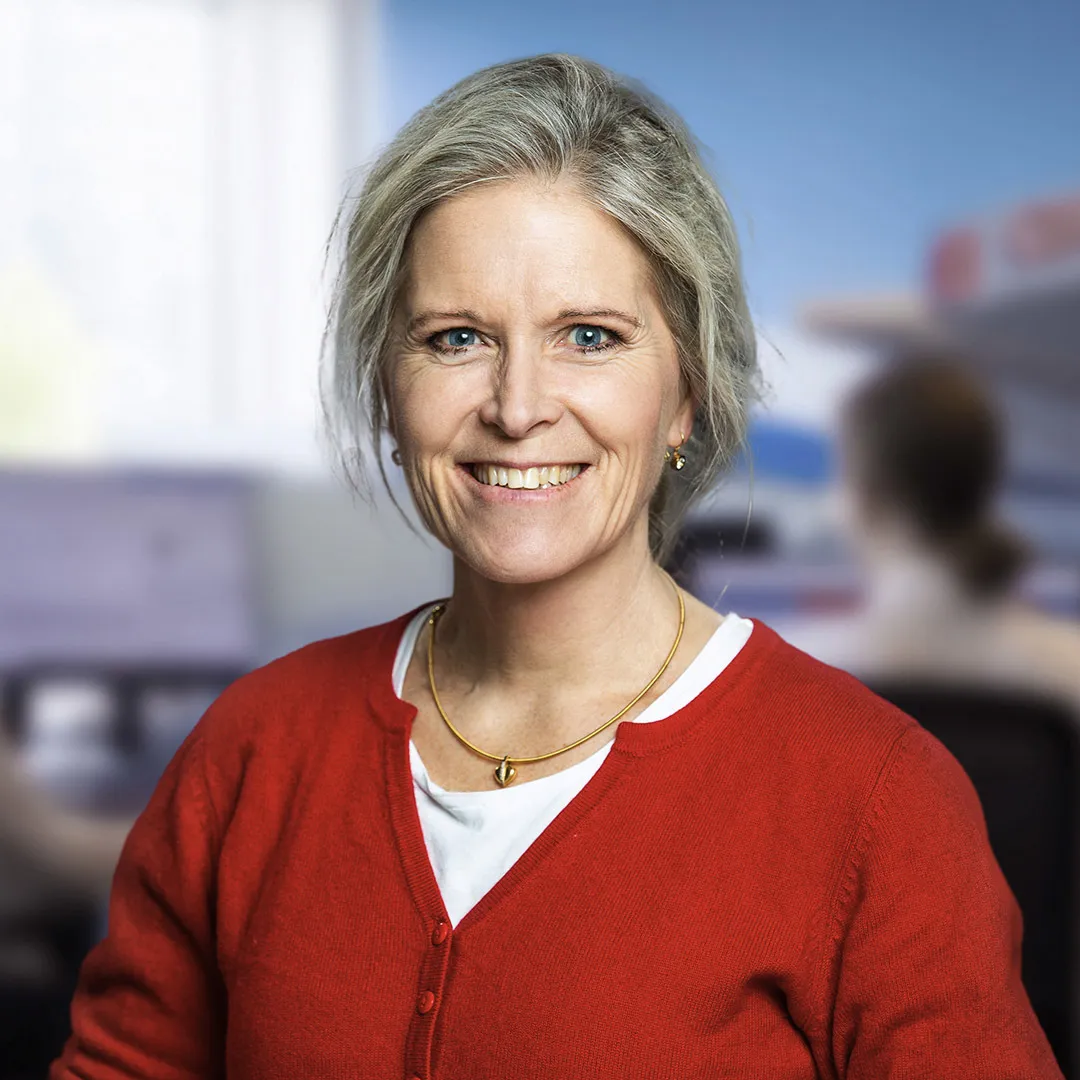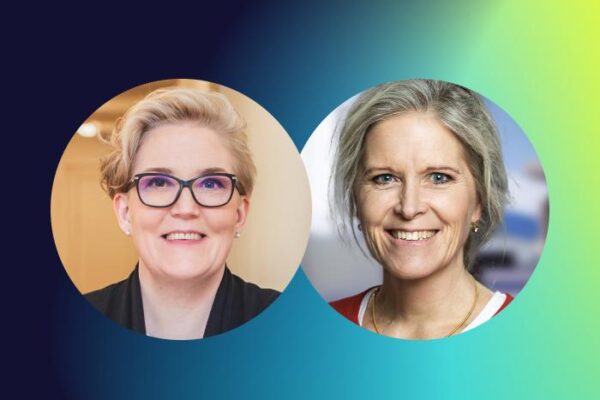You don’t have to do it all yourself: Learnings from OKQ8

How to prepare your fleet and fuel business for the future
The industry is facing changes from many directions including consumers, regulators and the planet.
- Growth is slowing down due to fossil fuels getting less relevant.
- Forecourt revenue for traditional fuels fell from 90% to 50% over the last decade – and it’s set to fall another 20% over the next one (KPMG).
- It’s also a very crowded market, with a mix of small, medium and large providers vying for customer attention around the world.
To retain long-term revenue, fuel card issuers must innovate and differentiate. But many are still hamstrung by legacy systems that not only hinder business performance but also hamper development of new solutions. Not OKQ8 though. They’ve decided to take a pioneering role to drive sustainable change in the industry.
We first announced our collaboration with leading fuel company OKQ8 in 2022 with the exciting news of bringing their modern payment vision into reality. Together, we had just launched OKQ8’s first step towards transforming the business to become a leading brand within sustainable mobility.
Now, we got to interview their CIO/CDO Filippa Jennersjö to find out more about why this change needed to happen and where she sees OKQ8 growing in the future.
What’s the role of payment cards in OKQ8’s business?
Filippa Jennersjö: Fuel cards are important to us. It’s the way we connect with customers, and private cards are equally important. They are a part of our loyalty programme. But today, to us [as a fuel and mobility company], payments are difficult to handle.
It’s difficult with compliance and it’s difficult with stability. It’s difficult to change things. So, we have to put all of our efforts into just keeping it alive, and then we can’t change anything.
How did you tackle the issue of compliance and ever-changing regulation?
Filippa Jennersjö: So, the idea was that we take this business, consolidate and standardise it and put it with Enfuce. Then we don’t have to worry so much about the nitty gritty part of the cards.
We don’t have to know exactly how it’s implemented technically because someone else can do that. So it is very much our card transformation is very much both sorts of funding. The journey makes us more stable, more compliant, and more cost-efficient. But it also enables us to think about the future and then, of course, get help from Enfuce with what are the trends in payment we don’t have to think about. Are the cards tokenised, virtualised or whatever it is? We get help with that so we can focus on what we can do in our business with that.
“It’s both a cost-efficiency side today for us, but it also frees up time for us to think. OK, so what services do we wanna connect to these cards? How do we wanna sell them in a better way? Can we put mobility bonus points on these cards?”
Filippa Jennersjö, CIO/CDO, OKQ8
Why did you choose Enfuce as your partner in this journey?
Filippa Jennersjö: We were looking for a partner to enable payment cards in a different way to us. Payment cards are very much a carrier of our loyalty program and also a carrier of our services. We wanted to buy it as a service. We didn’t want to work with it ourselves, but we were very much about having it designed for the future instead of old traditional cards.
That’s when we found Enfuce and we liked the fact that it was a smaller company without a lot of legacy, but Enfuce was designed for the digital future and enabling modern features.
But at the same time, there was also a lot of focus on compliance because when it comes to payment cards and payments in general, compliance is important. It’s heavy work, and we thought Enfuce had the right attitude around that core competence.
If you’d like to hear more about OKQ8’s strategy to become the leader in sustainable mobility and how they intend to achieve this goal, watch the full interview here:


